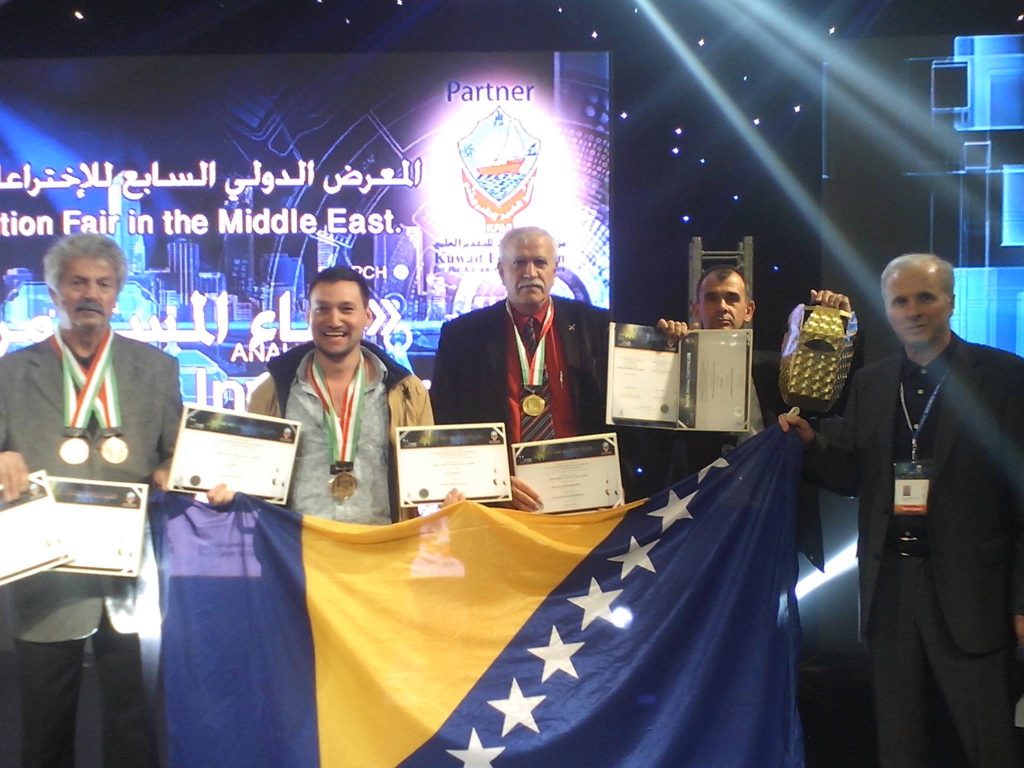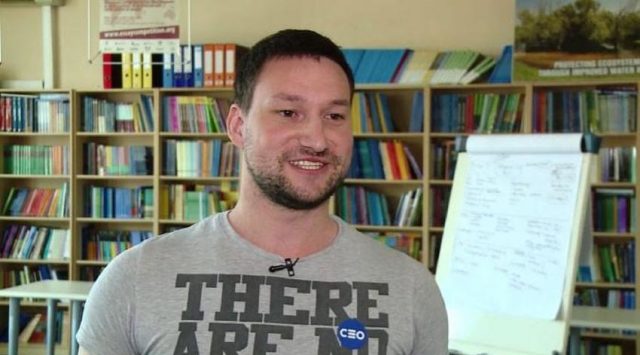
More and more people, especially youth, are leaving Bosnia and Herzegovina (BiH). According to World Bank estimates, approximately 1.6 million people who were born in BiH now live outside of the country.
More and more people, especially youth, are leaving Bosnia and Herzegovina (BiH). According to World Bank estimates, approximately 1.6 million people who were born in BiH now live outside of the country, a number that represents 44.5% of BiH’s current population. In the Migration and Remittances Factbook 2016, published by the World Bank Group, BiH has the 16th highest emigration rate in the world. The most commonly cited reasons that people are choosing to leave include poverty, the inability to find permanent employment and the desire for a higher quality of life overall.
As commentators on social media networks like to put it: “Anyone that can leave here does. The only ones who stay behind are those who have no choice.” Avdo Halilovic (25) could leave but has instead chosen to stay. In a decision to live in either the UK or BiH, he chose his homeland. This is a story about an ordinary hero who came to Sarajevo as a student from his hometown of Kladanj. He started his own company, received a dream offer, which he refused without regret, and chose to live his dream here.
“My parents and my whole family have their own companies, so, in my mind, I always thought to create a job for myself rather than look for one. In college, I had a lot of contact with professors and experts in the field of entrepreneurship, which further awakened my desire to create. Our country, the way it is now, is actually our burden, and no matter what it’s like, it is the only one we have,” says Avdo.
Avdo patented a hygienic cover for headrests. He said the idea was born during a bus ride and he kept thinking about how unhygienic it is to put one’s head on the seat’s headrest. Today, Avdo owns the patent for the cover, which can be used for public transportation, child strollers, and many other types of seats. He believes that mass production will start this year. Avdo spent around 3,000 BAM to register his company “KIMBLY” and said he found the registration process burdensome. He believes that this process is something that most hinders young people from starting businesses.
“It was easiest when I happened to run into someone I knew who could help explain parts of the process to me but, essentially, there are no mitigating factors or anything of the sorts and it really is not easy to do. You even have to pay to notarize a copy of your ID card, which is the smallest but most pointless expense,“ he remembers.

Avdo recalls an incident during an encounter with one of the numerous clerks he came in contact with during the registration process: “I asked this lady why I had to pay for every copy, every notarization, and she told me, bluntly: ‘Well, you’re registering a company, so you obviously have money’”.
Avdo says he constantly meets other young people who have started companies and that they are doing great work. “When I talk with them, we realize that we have all experienced and currently face the same problems. We really understand each other,” he explains.
In addition to possessing an entrepreneurial spirit and the desire for something new, Avdo says that you also must believe in yourself and be optimistic. “I want to prove to myself that I can do it while also helping others in the process. The reason I turned down the offer to do this work in the UK was not just because of patriotism. It is nice here, we just have to put in a lot of effort,” he categorically stresses.
Many young people see this country as an obstacle and the cause of many of life’s problems and Avdo partially agrees with that notion. “It’s hard. Sometimes it seems that the system is rigged against you. While walking from clerk to clerk I used to get depressed and I wanted to give up. But then, you remember that you are doing this to make the system better.”
“What I currently see as a way to make things easier for the people I love is to create jobs and to ensure dignified working conditions and salaries that will allow my employees to live, not just merely survive. That why I’m in Bosnia and why I refused the offer to move to the UK in the first place,” stresses Avdo adding that he sees this as the best way to fight for one’s country.
The poor and unstable economy and the period of transition, which seems to be taking longer than anyone had expected, make young people like Avdo Halilovic stand out as true heroes. As he himself puts it: “I want to do something positive, I want to succeed and to show others that you can work without thievery, nepotism and party membership.”
This publication has been selected as part of the Srđan Aleksić Youth Competition, a regional storytelling competition that challenges youth to actively engage with their own communities to discover, document, and share stories of moral courage, interethnic cooperation, and positive social change. The competition is a primary component of the Post-Conflict Research Center’s award-winning Ordinary Heroes Peacebuilding Program, which utilizes international stories of rescuer behavior and moral courage to promote interethnic understanding and peace among the citizens of the Western Balkans.
Support for this program has been graciously provided by the National Endowment for Democracy (NED).






